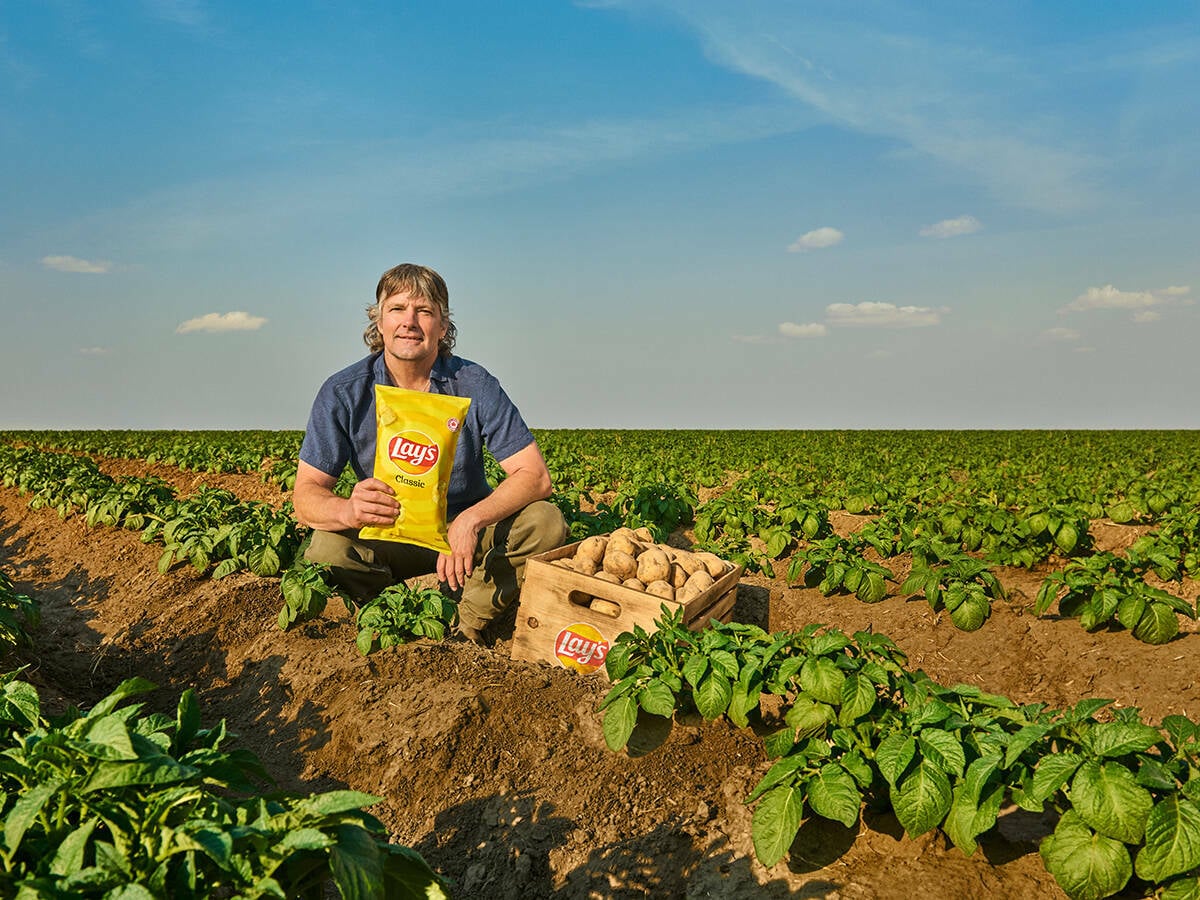Consumers still view farmers as the good guys and even more so when it comes to animal welfare.
That’s according to the latest edition of an annual survey of Canadian attitudes toward the food system.
“As far as the farmers, I trust that they are the best resource of the food system, always providing the best for Canadians,” said one respondent in the survey conducted by the Canadian Centre for Food Integrity. “They are regularly innovating to improve how they ensure quality in an environmentally responsible way.”
Read Also

Alberta farmer invited to World Economic Forum
Southern Albertan farmer’s regenerative agricultural practices featured on panels at Davos where nations come together in partnership.
Overall, 42 per cent of respondents rated farmers as “very trustworthy.” Scientists came in second at 35 per cent.
“Farmers remain the most trusted group and they’ve always been since the beginning of our research,” said Ashley Bruner, research coordinator with the centre, a non-profit supported by the ag and food sectors.
On the animal welfare front, six out of 10 respondents strongly agreed that they have no problem consuming meat, milk and eggs if they are produced humanely. This is a sea change from previous years, said Bruner.
“This is good news after a couple years where this trended downwards, resulting in a tracking low last year,” she said during a Canadian Cattle Association webinar earlier this month.
“So definitely keep up communicating your animal welfare practices. Canadians are noticing and it’s making a difference.”
Not surprisingly, the survey of 2,900 Canadians found “pocketbook issues” were the top concern, with the cost of food being No. 1.
“The level of concern has reached a tracking high of 69 per cent and we saw a seven-point jump in concern year over year,” said Bruner. “The rising cost of food is the top reason provided among the quarter of Canadians pessimistic about the food system. It was three times more likely to be cited than any other issue.”
And most aren’t expecting a change for the better any time soon.
“(Only) one-third of Canadians feel the food system is moving in the right direction,” she said. “That’s down a significant six points compared to last year.”
Researchers gave participants five possible reasons why the cost of food is rising. Of those, 56 per cent agreed it’s because of food production and supply chain costs. Only 20 per cent agreed with the statement, “Businesses want to increase their profits.”
Respondents were also asked what they were doing to stretch their food dollar.
“The most common response — four in 10 — was eating out less,” said Bruner. “About a third of Canadians are buying less food and wasting less of what they do buy.”
Meat was on the chopping block for just over a quarter of respondents. Women and older Canadians were more likely to have cut meat from their diets.
The survey also looked at environmental issues and found “consumers have the least amount of confidence when it comes to fighting climate change, responsible use of pesticides and reducing food loss and waste.”
The centre’s advice to farmers and food producers is to demonstrate leadership on climate change and sustainability, focus on environmental issues and demonstrate a commitment to transparency, continuous improvement and robust standards.
This is not only important to those who have concerns, but also for those who have a high degree of confidence in the food system, said Bruner.
“Among the third of Canadians who feel the food system is headed in the right direction, demonstrating a commitment to transparent, continuous improvement in food production is the main driver of positive impressions,” she said.
That goes double for food companies and retailers as prices keep rising.
“These opinions change quickly so we should capitalize on the fact that Canadians do understand supply chain pain points as it relates to food costs and aren’t so much blaming any particular person for being greedy,” said Bruner. “So really tap into those concerns when explaining food costs.”
For more info on the Canadian Centre for Food Integrity, go to foodintegrity.ca.
















